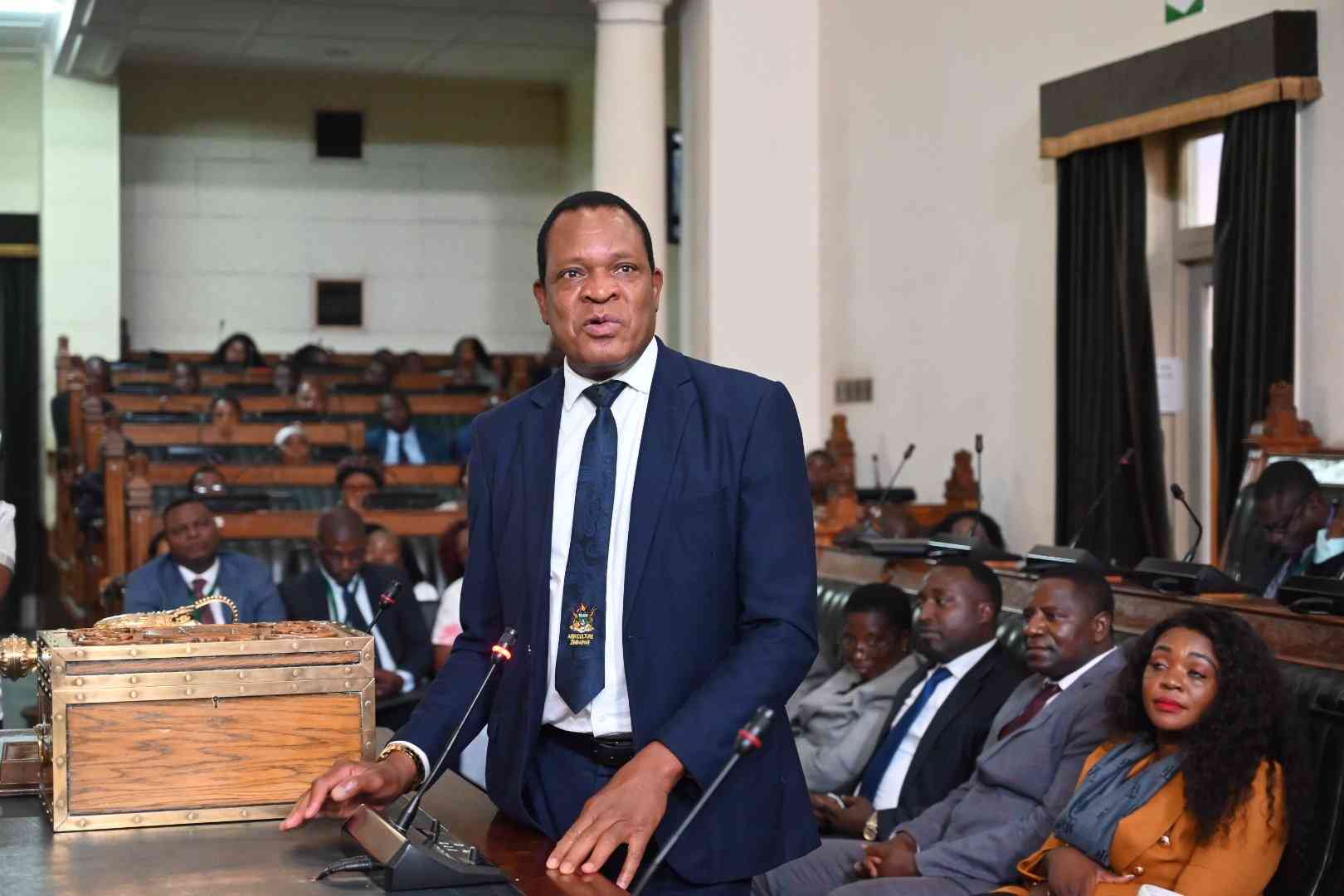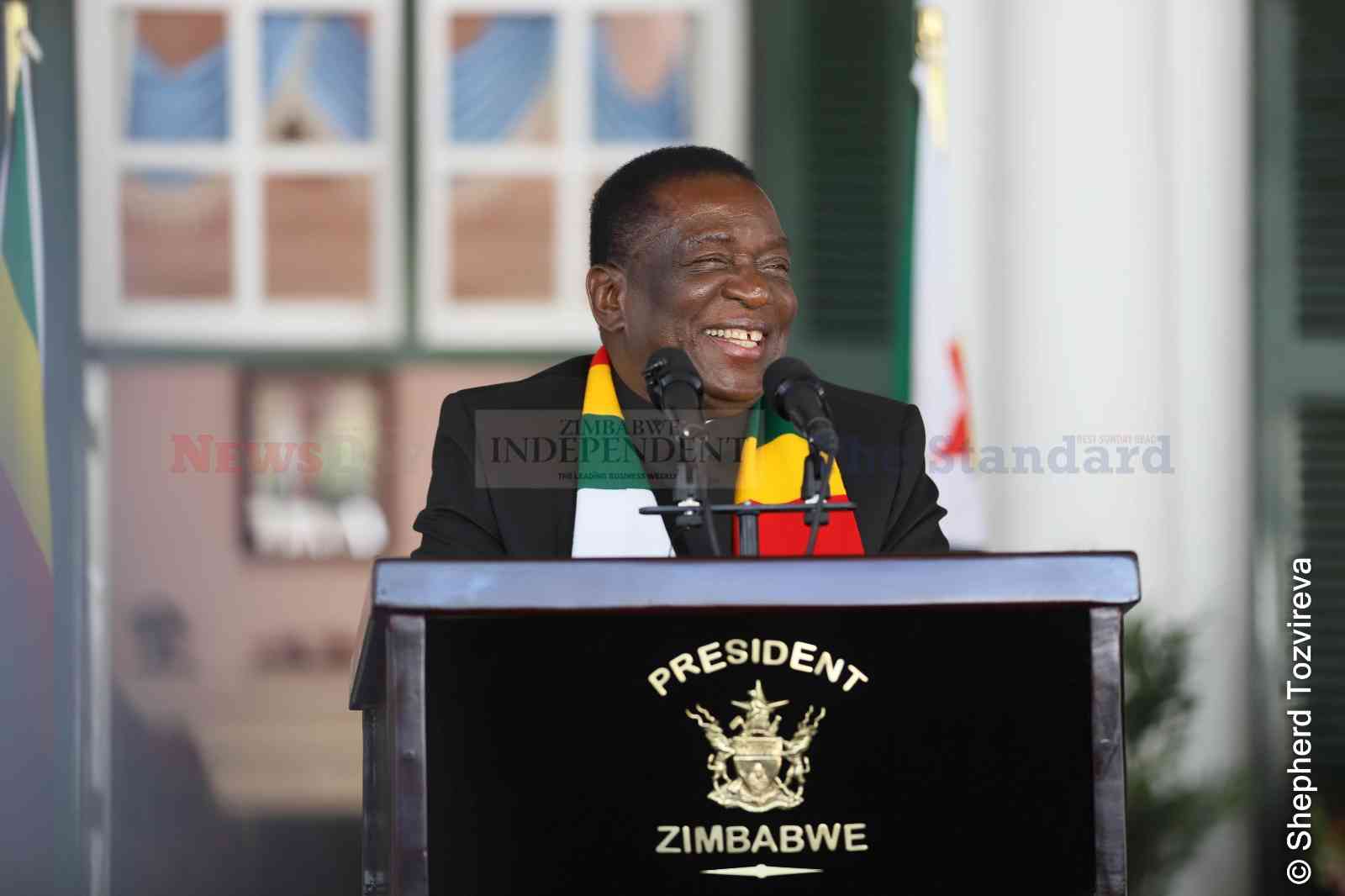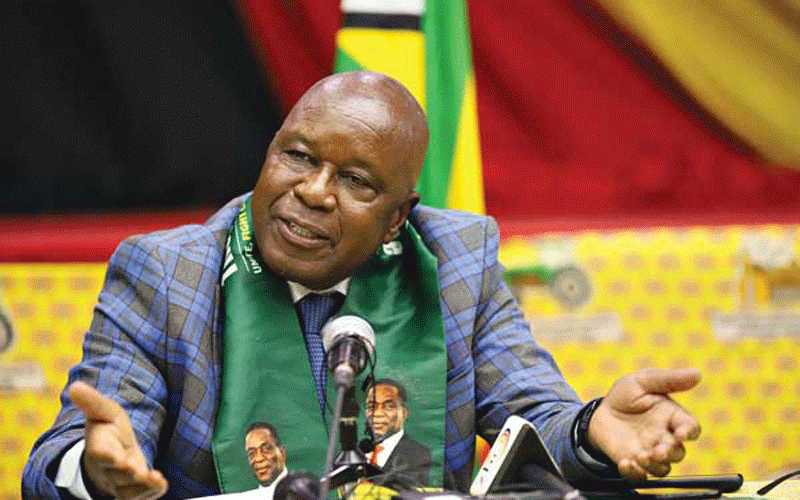
AFTER being appointed as Reserve Bank of Zimbabwe (RBZ) governor, Dr John Mangudya issued his inaugural statement on May 7 2014, which identified “the lack of liquidity and its limited circulation within the economy” as “the biggest immediate challenge that the Zimbabwe economy is facing,” and prescribed discipline as the panacea for the country’s challenges. “Discipline to utilise our resources efficiently…Discipline to know that we need to increase production before we increase consumption…Discipline to refrain from living beyond our means, as this would bring greed and corruption…Discipline to know that we need to work very hard for this economy,” he said. Two years down the line, it would appear that we haven’t quite succeeded in dealing with the identified threat, as prevailing conditions have forced the good Governor to issue yet another statement. Just three days short of that day two years ago, on May 4 2016 Dr Mangudya issued a press statement titled “Measures to Deal with Cash Shortages Whilst Simultaneously Stabilising and Stimulating the Economy.” This installment looks at the implications of some of the RBZ’s key measures.
BY OMEN MUZA
Bond notes issuance: checks and balances needed Confidence in the bond notes and, therefore, their acceptability, will depend on whether the transacting public are convinced that the RBZ will only issue/print bond notes up a limit of $200 million or a part thereof duly backed by the Afreximbank facility. If that turns out not to be the case, holders of bond notes may routinely sell them for US dollars each time they are at hand, leading to the notes’ sustained loss of value. In that respect, the RBZ is advised to come up with a credible mechanism to assure the transacting public that the facility will not be used as a smokescreen for money printing. As a minimum, periodic updates on bond notes in issue could go a long way in fostering transparency and by extension, trust.
Incentive support facility: zero-sum game? The 5% export incentive facility is to all intents and purposes a subsidy. However, the redeeming factor is that it is meant to incentivise exporters and reward them for the very act of exporting and ultimately for repatriating export proceeds. To the extent that the $200 million Foreign Exchange Stabilisation and Incentive Support Facility shall also be used to discount trade -related paper in order to provide liquidity for business trading operations, it can also be seen as a solution to the liquidity-draining characteristics of the Treasury Bills (TBs) the RBZ has been issuing.
Thinking in Rand terms: gateway to internal devaluation The new RBZ measures urge local businesses to “think in Rand terms as opposed to abstract USD prices.” If this can be achieved, the outcome could be the internal devaluation that the Governor has spoken eloquently about in the past.
Dismantling USD hegemony Efforts to ensure that payments for imported goods and services are done using the currency of origin of those imports is something companies should have started implementing a long time ago in order to enhance their competitiveness. This should also be looked at in conjunction with something else that’s long overdue – that all payments destined for participating countries should be executed through the SADC Integrated Regional Electronic Settlement System (SIRESS), which settles in the Rand. Increased usage of regional payment systems such as SIRESS is not only an imperative in Zimbabwe, but also on the African continent in order to dismantle USD hegemony, which exposes Pan-African trade to unnecessary compliance risk and cost. This is an issue I feel strongly about and I recently addressed it in the Global Trade Review’s 2016 Africa Supplement.
POS “Revolution” long overdue The requirement for retailers and other service providers in public and private domains to install and promote usage of POS machines in order to reduce demand for cash is well-intentioned and in fact long-overdue. Though there are currently concerns about the high cost of using plastic money, higher transaction volumes should result in lower charges, all things being equal. However, the effectiveness of this initiative will depend on how well the RBZ coordinates stakeholders and follows up on implementation. There has got to be a framework for enforcement because you can’t monitor what you can’t measure.
Bond Notes: Forerunner or de facto currency? Under the section dealing with configuration of the RTGS system into multicurrency, it is significant to note that the “Bond Currency” is mentioned in its own right as one of the three “currencies” that will be enabled in addition to the USD on the system scheduled to go live on 13 June 2016. I thought “Mr Bond” was not a currency and the Greenback – from which it derives its value – was the currency? Anyway, that to me is the surest sign yet that the Bond will evolve into Zimbabwe’s currency in the fullness of time but God forbid, anytime soon. The reality, however, is that having gone through a legal process to demonetise the ZWD between June 15 and September 30, 2015, the authorities have effectively cleared the decks, paving the way for the introduction of a new currency for which nothing stops the groundwork from being laid now.
- Chamisa under fire over US$120K donation
- Mavhunga puts DeMbare into Chibuku quarterfinals
- Pension funds bet on Cabora Bassa oilfields
- Councils defy govt fire tender directive
Keep Reading
Not a time for funny “Lazarus” tricks While the bond notes have been met with scepticism and in some cases outright derision, I actually think that the move is genuinely meant to deal with current challenges though, conveniently, the bond notes have at least one possible future use – morphing into a substantive currency. What’s the basis of my conviction? Unless they are “low-down dirty scoundrels”, would the authorities be trying out some funny “Lazarus” tricks with the ZWD now, while at the same time seeking to appease the likes of the International Monetary Fund (IMF)? I doubt it. The IMF for instance, says Zimbabwe cannot use fiscal policy to deal with adverse shocks because it lacks the necessary resources. Clearly, any move to recklessly print bond notes not backed by real money would not be in line with the tenets of fiscal sustainability advocated for by the IMF.
A lot of good work has been done on the international re-engagement front with the likes of the IMF and other international organisations and with it comes considerable goodwill. Didn’t someone say much good work is lost for want of a little more, or words to that effect? Would the authorities, having taken all that trouble over 15 months, fritter away all that goodwill just for the sake of the small kick of purportedly conquering a cash crisis which, by their own admission, is not even faced by all banks? I think not. I think instead that Zimbabweans need to give the authorities the benefit of the doubt until they prove that they can’t be trusted. If that’s the case, believe me, it won’t be long before the cookie crumbles. Additionally, I believe that the authorities largely mean what they say because Afreximbank, a key party to the bond notes transaction, wouldn’t have agreed to be complicit in a grand plan to dupe the people of Zimbabwe.
Muza edits the MFSB. You can view his LinkedIn profile at zw.linkedin.com/pub/omen-n-muza/30/641/3b8 or initiate contact on [email protected].











